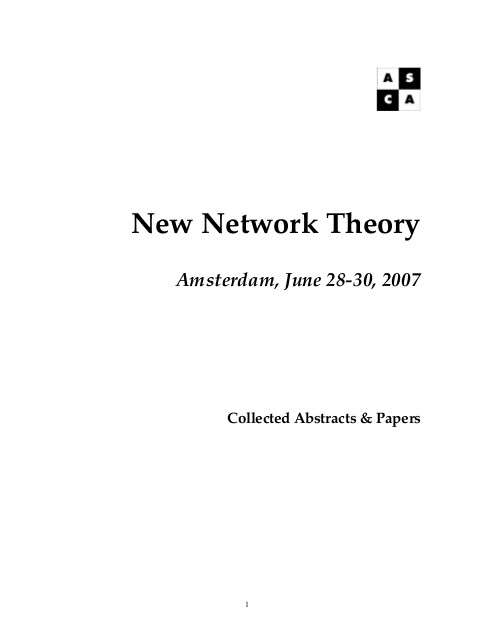Bruno Latour, Peter Weibel (eds.): Making Things Public: Atmospheres of Democracy (2005)
Filed under book, catalogue | Tags: · aesthetics, art, assemblage, democracy, philosophy, political economy, politics, science, societya, technology, things

“In this editorial and curatorial project, more than 100 writers, artists, and philosophers rethink what politics is about. In a time of political turmoil and anticlimax, this book redefines politics as operating in the realm of things. Politics is not just an arena, a profession, or a system, but a concern for things brought to the attention of the fluid and expansive constituency of the public. But how are things made public? What, we might ask, is a republic, a res publica, a public thing, if we do not know how to make things public? There are many other kinds of assemblies, which are not political in the usual sense, that gather a public around things—scientific laboratories, supermarkets, churches, and disputes involving natural resources like rivers, landscapes, and air. The authors of Making Things Public—and the ZKM show that the book accompanies—ask what would happen if politics revolved around disputed things. Instead of looking for democracy only in the official sphere of professional politics, they examine the new atmospheric conditions—technologies, interfaces, platforms, networks, and mediations that allow things to be made public. They show us that the old definition of politics is too narrow; there are many techniques of representation—in politics, science, and art—of which Parliaments and Congresses are only a part.”
The authors include Richard Rorty, Simon Schaffer, Peter Galison, Richard Powers, Lorraine Daston, Richard Aczel, and Donna Haraway; their writings are accompanied by excerpts from John Dewey, Shakespeare, Swift, La Fontaine, and Melville. More than 500 color images document the new idea of what Bruno Latour and Peter Weibel call an “object-oriented democracy.”
Publisher MIT Press, 2005
ISBN 0262122790, 9780262122795
1072 pages
Review: Anthony Iles (Mute).
PDF (82 MB, updated on 2020-7-13)
Comment (1)New Network Theory: Collected Abstracts and Papers (2007)
Filed under proceedings | Tags: · actor-network theory, aesthetics, assemblage, internet, locative media, network culture, networks, social movements, web, web 2.0

On 28 – 30 June 2007, the Institute of Network Cultures and Media Studies, University of Amsterdam and the Amsterdam School for Cultural Analysis, organized the international conference New Network Theory. The object of study has shifted from the virtual community and the space of flows to the smart mob. When the object of study changes, so may the distinctions that dominate, particularly the schism between place-based space and place-less space, both organized and given life by networks. New Network Theory explored contemporary network theory that suits and reflects the changes to the objects of study that come to define our understandings of network culture – a post-Castellsian network theory, if you will, that takes technical media seriously.
themes: network theory, the link, locative media, networks and subjectivities, networking and social life, art and info-aesthetics, actor-network theory and assemblage, networks and social movements, mobility and organisation, anomalous objects and processes, and the global and the local.
speakers: Katy Börner, Wendy Chun, Noshir Contractor, Florian Cramer, Rob Stuart, Jean-Paul Fourmentraux, Matthew Fuller, Valdis Krebs, Olia Lialina, Noortje Marres, Anna Munster, Warren Sack, Alan Liu, Ramesh Srini-vasan, Tiziana Terranova, Siva Vaidhyanathan, and many others.
PDF
Three additional papers (Verheij, Cramer, Goriunova)
Manuel DeLanda: Deleuze: History and Science (2010)
Filed under book | Tags: · assemblage, history, metaphysics, ontology, philosophy, philosophy of history, philosophy of science, science

This is a collection of essays, most published here for the first time, on Gilles Deleuze’s ideas about history and science. Its focus is on ontological or metaphysical questions: What are the legitimate social entities that can be used in historical explanations, given a materialist metaphysics? What are the legitimate inhabitants of the material world, natural and artificial, and what role should science play in determining their legitimacy? What can philosophy contribute to this enterprise?
Editor: Wolfgang Schirmacher
Publisher Atropos Press, 2010
ISBN 0982706715, 9780982706718
168 pages
PDF (updated on 2012-7-17)
Comment (0)
